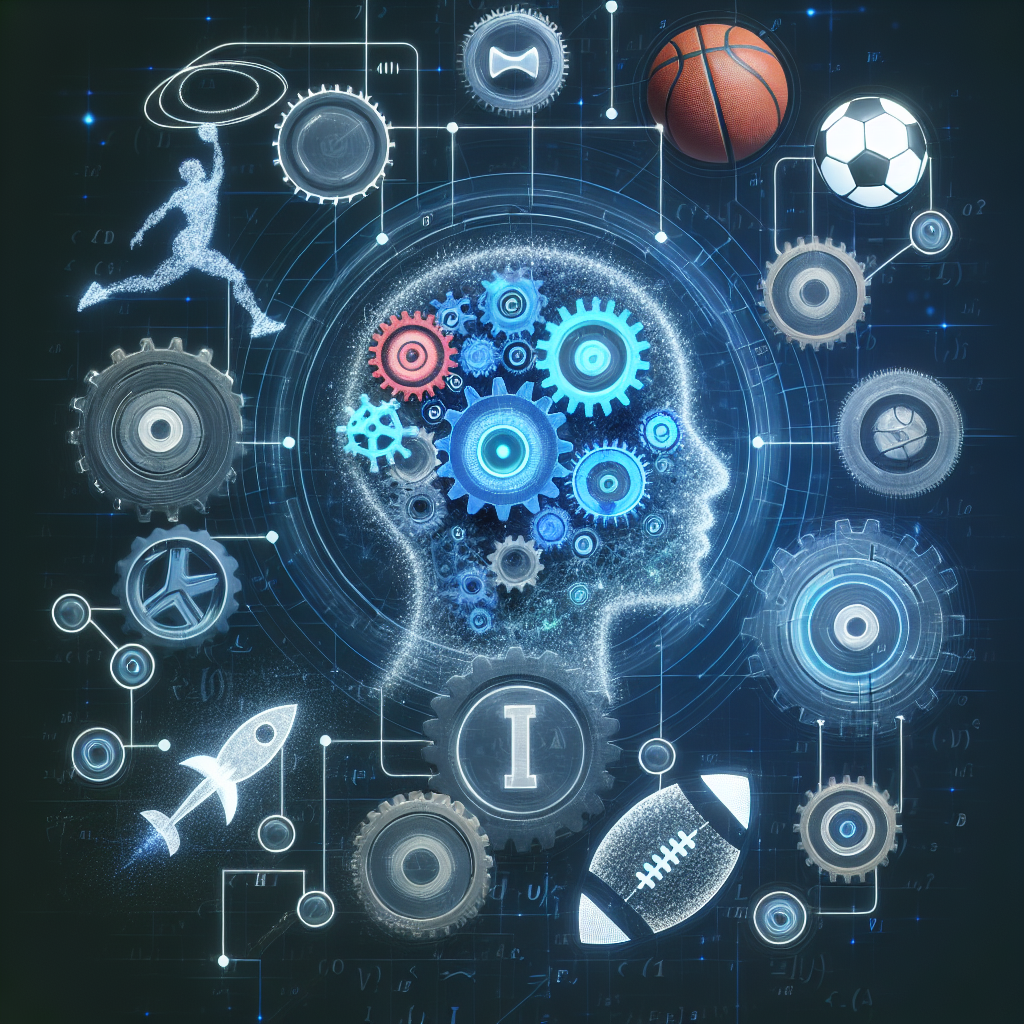Artificial intelligence (AI) has revolutionized many industries, and sports is no exception. AI has been used in various aspects of sports, from analyzing player performance to improving game strategies. One of the key areas where AI has made a significant impact is in optimizing sports team rosters.
In the world of sports, having the right players on a team can make all the difference in achieving success. Coaches and team managers have traditionally relied on their experience and intuition when selecting players for their rosters. However, with the advancements in AI technology, teams now have access to powerful tools that can help them make data-driven decisions when building their rosters.
AI can analyze a vast amount of data, including player performance statistics, injury history, and even social media activity, to identify the best players for a team. By using machine learning algorithms, AI can predict how well a player will perform in certain situations and how they will fit in with the rest of the team. This allows coaches and managers to make more informed decisions when selecting players for their rosters.
One of the key benefits of using AI to optimize sports team rosters is that it can help teams identify hidden gems and undervalued players. In traditional scouting methods, some talented players may go unnoticed due to bias or lack of exposure. AI can help teams uncover these players by analyzing their performance data and comparing it to other players in the league. This can give teams a competitive edge by allowing them to sign talented players at a lower cost.
AI can also help teams manage their salary cap more effectively. Building a successful sports team often requires a delicate balance of talent and budget constraints. AI can analyze player salaries and performance data to identify players who are overpaid or underpaid relative to their performance. This can help teams make more strategic decisions when signing new players or renegotiating contracts with existing players.
In addition to optimizing player selection, AI can also help teams improve their game strategies. By analyzing game footage and player performance data, AI can identify patterns and trends that can be used to develop more effective game plans. For example, AI can analyze how certain players perform in specific situations or against certain opponents, allowing coaches to make more informed decisions when designing their game strategies.
Overall, AI has the potential to revolutionize the way sports teams are built and managed. By leveraging the power of data and machine learning algorithms, teams can make more informed decisions when selecting players for their rosters and developing game strategies. This can ultimately lead to better performance on the field and a higher chance of achieving success.
FAQs:
Q: How accurate is AI in predicting player performance?
A: AI can be highly accurate in predicting player performance, especially when it is trained on a large dataset of player statistics. However, it is important to note that AI is not infallible and there are always uncertainties in sports that can affect player performance.
Q: Can AI help teams identify potential injuries in players?
A: Yes, AI can help teams identify players who may be at risk for injuries by analyzing their injury history and performance data. This can help teams make more informed decisions when managing player workload and training programs.
Q: How can AI help teams manage their salary cap?
A: AI can analyze player salaries and performance data to identify players who are overpaid or underpaid relative to their performance. This can help teams make more strategic decisions when signing new players or renegotiating contracts with existing players.
Q: Are there any ethical concerns with using AI to optimize sports team rosters?
A: There are potential ethical concerns with using AI in sports, such as bias in the data used to train the algorithms or the potential for player privacy violations. It is important for teams to be transparent about how they are using AI and to ensure that they are using it responsibly.
In conclusion, AI has the potential to revolutionize the way sports teams are built and managed. By leveraging the power of data and machine learning algorithms, teams can make more informed decisions when selecting players for their rosters and developing game strategies. This can ultimately lead to better performance on the field and a higher chance of achieving success.

